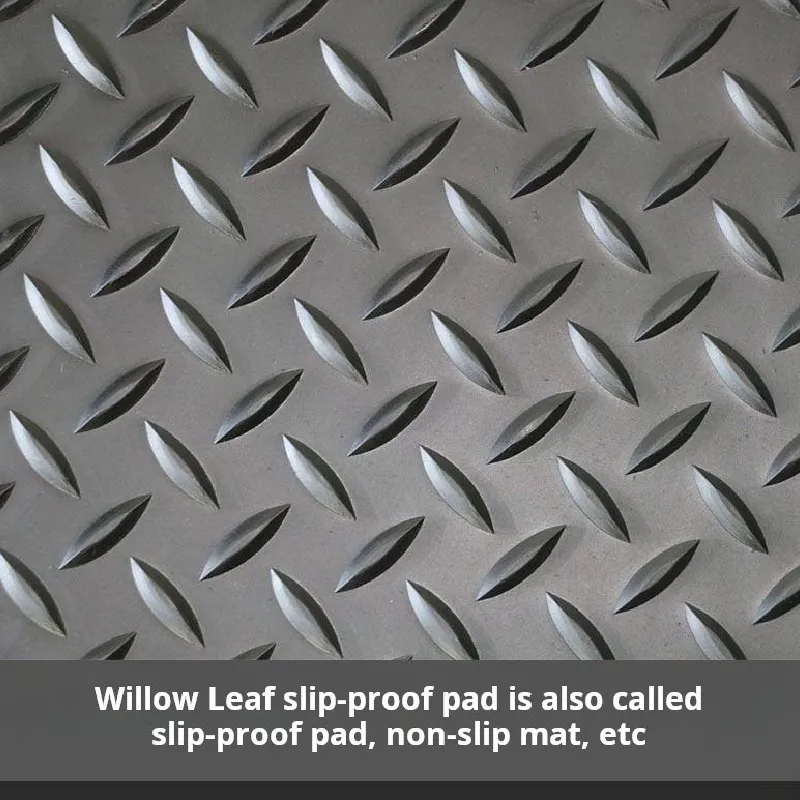J Type Garage Door Bottom Seal | Durable Weather Seal Strip
Understanding the Garage Door Bottom Seal A Guide to J-Type Seals
When it comes to maintaining a comfortable home environment and protecting it from the elements, the garage door bottom seal plays a crucial role. The J-type garage door bottom seal is particularly popular for its effectiveness in sealing gaps between the door and the ground. This article will explore the importance of the J-type seal and provide a guide on its features, installation, and maintenance.
Importance of the Garage Door Bottom Seal
The primary function of a garage door bottom seal is to block drafts, dirt, insects, and moisture from entering the garage. An effective seal enhances energy efficiency by preventing conditioned air from escaping, which can lead to lower heating and cooling costs. Moreover, a good seal helps in protecting your garage's contents, including vehicles and tools, from potential water damage and rust caused by rain or snow.
Features of the J-Type Seal
The J-type garage door bottom seal is characterized by its unique shape, resembling the letter J. This design allows for a snug fit against the bottom of the garage door, effectively sealing the gap. Typically made from durable materials like rubber or vinyl, J-type seals are resistant to wear and tear, ensuring longevity. They also come in various lengths and widths to accommodate different garage door sizes.
One of the significant advantages of the J-type seal is its ease of installation. Most homeowners can replace an old seal with a new J-type seal without the need for specialized tools or professional assistance. Additionally, J-type seals can be easily trimmed to fit the specific dimensions of your garage door.
Installation Tips
To install a J-type garage door bottom seal, follow these simple steps
garage door bottom seal j type

2. Remove the Old Seal If there’s an existing seal, carefully remove it from the bottom of the door. Ensure no remnants are left that could hinder the new installation.
3. Prepare the Surface Clean the bottom of the door thoroughly to ensure proper adhesion of the new seal.
4. Cut to Size Cut the J-type seal to the required length if necessary.
5. Attach the Seal Align the seal along the bottom of the door and press it firmly into place, ensuring a tight fit.
Maintenance of the Seal
Regular inspections of the garage door bottom seal are essential to ensure it remains in good condition. Look for signs of wear, such as cracks or breaks, and replace the seal as needed. Cleaning the seal periodically with mild soap and water will help preserve its flexibility and effectiveness.
In conclusion, investing in a J-type garage door bottom seal is a smart decision for any homeowner. Not only does it provide significant protection against the elements, but it also contributes to energy efficiency and the overall longevity of your garage items. With easy installation and maintenance, a J-type seal is a worthwhile addition to your garage doors.
-
Silicone Seal Strip: The Ultimate Solution for Your Sealing NeedNewsNov.01,2024
-
Keep the Heat: The Importance of Seal for Oven DoorsNewsNov.01,2024
-
Essential Guide to Corner Protectors for Your FurnitureNewsNov.01,2024
-
Enhance Your Home with Silicone SolutionsNewsNov.01,2024
-
Efficient Maintenance of Melamine Sealing StripsNewsNov.01,2024
-
Comparison of Different Edge Sealing ProcessesNewsNov.01,2024
-
Types of Door Bottom Seal Strips and Their Best UsesNewsOct.25,2024